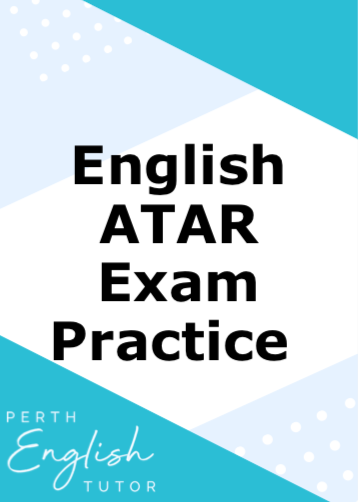WACE English can be a daunting subject for anyone who has never had confidence in the subject. For Stacey, who recently completed Year 12 – it turned out to be a piece of cake. Hear from her below.
1) How did you feel about English as a subject throughout high school?
English used to be a subject I struggled with during middle school. However, since having Bianca as my English ATAR tutor, I felt more comfortable and stronger completing tests, assignments and exams, especially when completing my WACE. I knew that all my preparation leading up to exams with Bianca helped me feel calm and relaxed about completing this course.
[adrotate banner=”4″]
2) What were you most worried about for Year 12 English?
There was not a lot that I was worried about for Year 12 English, as I felt comfortable when seeing my grades constantly improve after each test. So I knew that I was improving every time and was never falling backwards. However the one thing I was most worried about was not finishing in time, but I knew the only way to fix this was to use my time wisely by making sure that the 10 minutes of reading time purely went to reading the texts over and over again and annotating these in my head.
3) How did you study for Year 12 English and what tips would you give other students?
When studying for English it is best to continuously re-write essays, create new essays and read over essays. This will not only help you think on the spot, but helps you write faster and think about the structure of an essay as well. If I had to give one tip to other students I would say, ensure that when you are reading the novel given to you by the teachers, make sure you leave sticky notes on pages you believe would benefit you when writing an essay about the novel. So you then won’t have to go back and find quotes later on.





